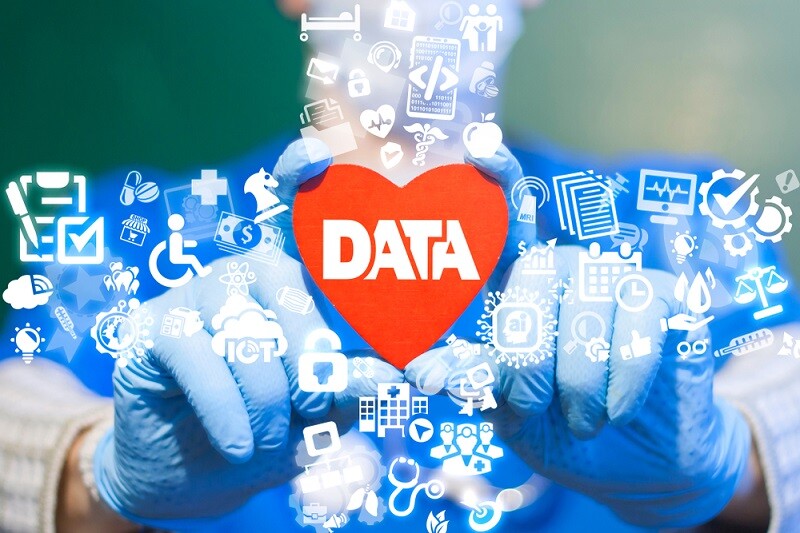Technology plays a fundamental world in every area – and the medical field makes no exception. There are many ways in which the medical field is likely to change, due to the use of technology. And today we’ll talk about some of the most noteworthy transformations we’re likely to experience in the foreseeable future.
Diminished Costs
Did it ever occur to you that technology could actually reduce the expenses in healthcare centers? But how can it do this? By using predictive analysis, this could anticipate the costs associated with admission rates, while contributing to more efficient staff allocation. Consequently, this will allow hospitals to maximize their investments.
Treating High-Risk Patients Better
It goes without saying that high-risk patients require attentive, continuous care. And the good news is that, through the implementation of digitalized hospital records, the data will become readily accessible to medical practitioners. This way, they will be able to establish patterns and links among patients. This understanding might result in better treatments.
Eliminating Human Errors
Humans make mistakes. We always do our best to avoid that. In spite of that, making mistakes is inevitable, because we aren’t perfect. It happens for medical professionals to prescribe wrong medicine, or dispatch a specific medication by mistake. And these mistakes have either short-term or long-term repercussions.
On a different note, it is quite common for people to assume that workman’s comp doctors are less qualified to do a job. Still, this is far from being the case – as it depends on the doctor.
That being said, Big Data can dramatically decrease the likelihood of errors, which could happen with any specialist, for a change. That’s because technology can be used in order to analyze user data and, therefore, prescribe the correct medication to each particular patient.
Concurrently, technology can authenticate the data and point out of place prescriptions.This way, it can eliminate the likelihood of error and supposedly save lives. On a different note, it could be argued that this type of software can be really efficient for physicians who have numerous patients per day.
AI Can Help with Treating Diseases
It is a truth universally acknowledged that some health conditions make it really difficult for doctors to establish a diagnosis and to come up with an effective treatment. Nevertheless, artificial intelligence can do something in this respect, as well. That is to say, technology can be used for surfing through significant amounts of data within seconds, and come up with the right treatment for each condition. Therefore, technology can provide specific, customized solutions to isolated cases.
Health Tracking
Another important way in which the medical field is likely to change is through health tracking. That is to say, technology is making it very easy to track people’s health status and assist them accordingly. Thanks to this, potential diseases could be anticipated and prevented.
To sum up, these are some of the ways in which the medical field is bound to be transformed. The world is continually changing, and we should understandthat this is necessary for development.

